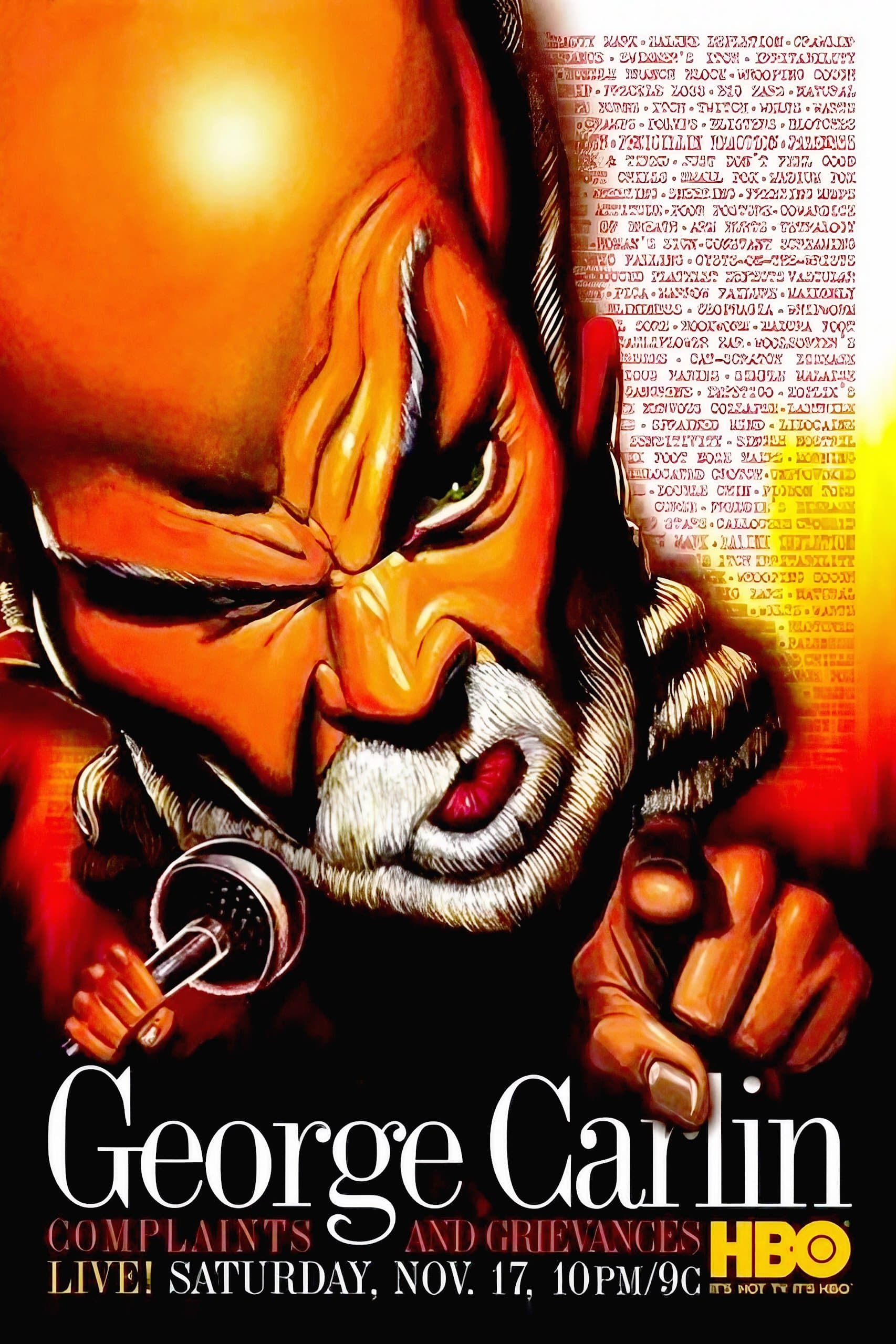
George Carlin: It's Bad for Ya!
Mar 01 2008
•1h 10m
•Comedy
It's Bad For Ya, Carlin's Emmy nominated 14th and final HBO special from March of 2008 features Carlin's noted irreverent and unapologetic observations on topics ranging from death, religion, bureaucracy, patriotism, overprotected children and big business to the pungent examinations of modern language and the decrepit state of the American culture.
Cast
See all
George Carlin
Self
Recommendations
See all
George Carlin: Life Is Worth Losing
Carlin returns to the stage in his 13th live comedy stand-up special, performed at the Beacon Theatre in New York City for HBO®. His spot-on observations on the deterioration of human behavior include Americans’ obsession with their two favorite addictions - shopping and eating; his creative idea for The All-Suicide Channel, a new reality TV network; and the glorious rebirth of the planet to its original pristine condition - once the fires and floods destroy life as we know it.

Louis C.K.: Oh My God
Filmed at the Celebrity Theatre in Phoenix, AZ on February 15th and 16th, 2013, Oh My God is Louis C.K.'s fifth stand-up special, his first for HBO since 2007's Shameless, and his first since winning a Emmy Award for writing on his acclaimed show on FX, Louie. Performed in the round in front of a live audience, he discusses such topics as the food chain, animals, divorce, strange anecdotes, broken morality, murder and mortality.

George Carlin: You Are All Diseased
Legendary comic Carlin comes back to the Beacon theater to angrily rant about airport security, germs, cigars, angels, children and parents, men, names, religion, god, advertising, Bill Jeff and minorities.

George Carlin: Complaints & Grievances
George Carlin performs a hilarious set of never-before released material in "Complaints and Grievances." His 12th HBO special was recorded live at the Beacon Theater in New York City on November 17, 2001. In "Complaints and Grievances," Carlin shamelessly exposes the people and subjects that irritate him the most.